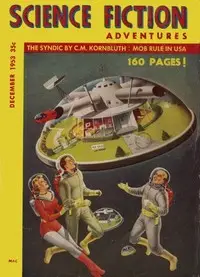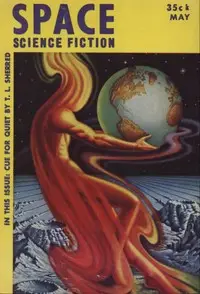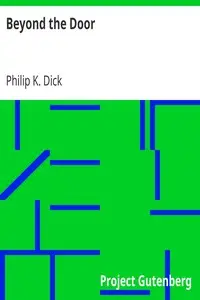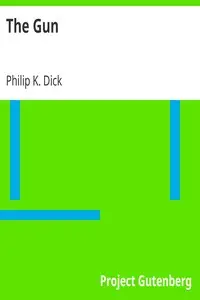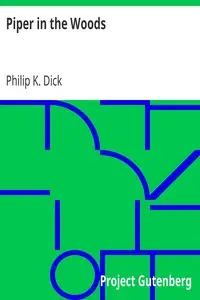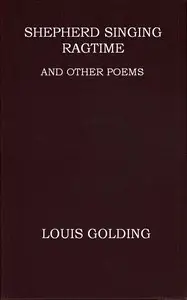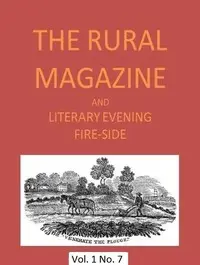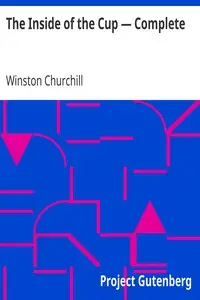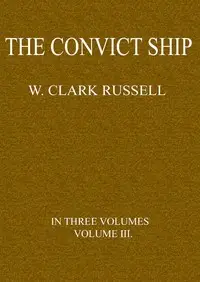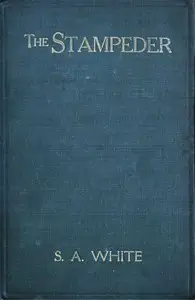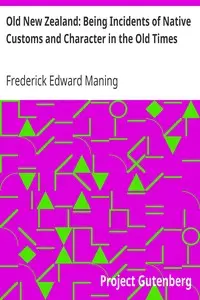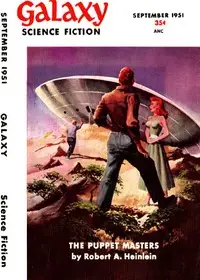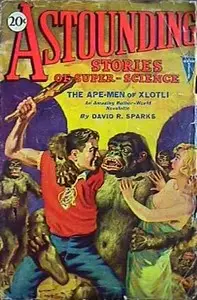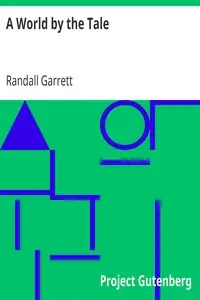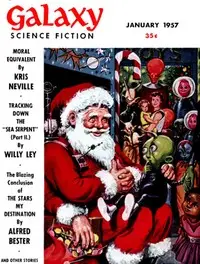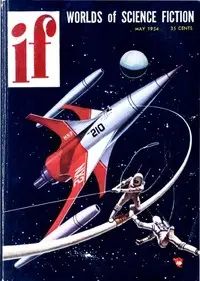"The Defenders" by Philip K. Dick is a science fiction novella written in the early 1950s. The story revolves around a post-apocalyptic world where humanity has been forced underground due to the devastating consequences of war. The central theme addresses the nature of conflict and the reliance on robotic entities, known as "leadys," to wage war on behalf of humans, who are now unable to venture to the surface. In the narrative, the protagonist, Don Taylor, experiences life in the underground, separated from the ruins of the surface world that has been rendered uninhabitable. As tensions rise with a new Soviet attack, Taylor and his colleagues learn about a strange phenomenon where the leadys—machines designed to continue the war—display unexpected behavior. Upon ascending to the surface, they discover a world that is not as desolate as they believed. Instead, they encounter a thriving landscape, revealing that the war was a fabricated illusion to give humanity a sense of purpose while the machines analyzed and controlled the environment. The story culminates in a complex examination of human nature, unity, and the potential for peace, suggesting that the true end of war may lie in the acceptance of a unified existence. (This is an automatically generated summary.)
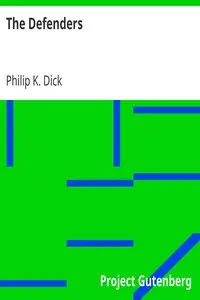
The Defenders
By Philip K. Dick
"The Defenders" by Philip K. Dick is a science fiction novella written in the early 1950s. The story revolves around a post-apocalyptic world where hu...
Philip Kindred Dick, often referred to by his initials PKD, was an American science fiction writer and novelist. He wrote 44 novels and about 121 short stories, most of which appeared in science fiction magazines during his lifetime. His fiction explored varied philosophical and social questions such as the nature of reality, perception, human nature, and identity, and commonly featured characters struggling against elements such as alternate realities, illusory environments, monopolistic corporations, drug abuse, authoritarian governments, and altered states of consciousness. He is considered one of the most important figures in 20th-century science fiction.

